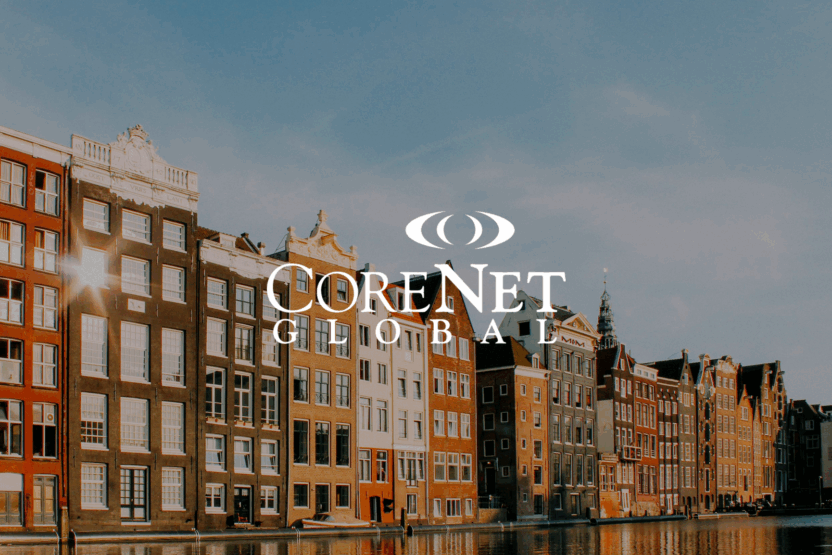US vs France: Is Work Life That Different?
12 June 2024 – 5 minutes to read
While the pandemic has accelerated a global shift towards hybrid workplaces, cultural contrasts remain strong between the United States and France when it comes to work-life balance and workplace strategies. From differing perspectives on overtime to contrasting office design trends, companies operating on both sides of the Atlantic must navigate these gaps.

Work-Life Boundaries & PTOs
One of the starkest workplace culture divides between France and the US lies in attitudes towards work-life balance. In France, labor laws are clear: every full-time employee is granted a minimum of 5 weeks of paid PTO (it could go to 7 weeks for specific types of workers). On top of that, France has many bank holidays, allowing employees to have even more time off. In the U.S., it’s a different story. PTOs are gained with seniority with 2 weeks a year average. In both countries, many companies are testing the unlimited the PTO trend. No need to say that a focus on quality of life and strict legal limitations on working hours have long been ingrained in French values. Even though French people tend to work a lot, work is seen as a mean to enjoy their personal life. In contrast, US workplace culture has traditionally equated long hours with commitment and productivity. Though catalyzed by the pandemic, the Great Resignation underscored growing employee demands for better work-life balance across sectors. Moving forward, French subsidiaries of US multinationals must be careful to respect local labor laws and norms. Reciprocally, US companies looking to attract and retain talent in France need to realign expectations around schedules and paid time off allocations.
Office Design Philosophy
This work-life culture gap extends to differing philosophies around office design and layout. Rooted in management theory, the open space concept took hold earlier and more completely in US offices, with a focus on transparency, horizontal hierarchies, and interactions. On the other hand, the French approach has traditionally favored more siloed, privacy-centric workspaces with enclosed individual offices being the norm, even sometimes for junior employees. Though the flex office trend worked its way in France for almost a decade now, cultural inertia remains. Real estate strategists must take these contrasting mentalities into account when planning new workspaces. The pivot towards open layouts in France is done, but employees still struggle with the adoption of unassigned desks. Striking the right balance by offering a “menu” of workspace typologies, from private offices to team rooms to open collaboration areas, will be key.
Remote Work Acceptance
Pre-pandemic, remote work faced skepticism and adoption hurdles on both sides of the Atlantic, albeit for differing reasons. In the US, mistrust of worker accountability and productivity drove hesitancy, particularly for more traditional management. Labor laws made work-from-home more complex in France, leaving this perk, for the most part, to top managers. Covid-19 acted as a turning point, forcing companies’ hands in adopting widespread telework policies. Four years on, the hybrid model has taken root successfully in both cultures – but disparities remain in terms of flexibility. While remote work is now largely accepted in principle in the US, there is still reticence from many corporates around permanent full-remote setups. The American workplace remains anchored around the office as a central hub, with flex policies granting employees typically 1-3 remote days per week. French companies, aided by robust labor protections, were quicker to embrace the possibility of permanent remote or near-remote scenarios (e.g. 1 office day per week). They are generally more open to untethered mobility for a portion of the workforce, provided clear processes and tools are in place.
HR Policies & Priorities
This flexibility divide inevitably impacts HR strategies and policies. French labor laws place more stringent requirements around formalizing telework practices (employee agreements, company charters, employee compensation, etc.), compelling HR teams to robustly codify new ways of working, leaving no space for error or improvisation. Duty of care priorities also differ. A stronger onus is placed on French companies to financially support and equip home offices to avoid burnout or workplace injuries during remote periods. US firms are only starting to address these liabilities. Meanwhile, a greater results-driven mindset in US companies sees more variable compensation and performance incentives being impacted by productivity metrics – creating new challenges around remote performance management and evaluation. Managing compensation scales tied to geographic regions is another complexity US multinationals must tackle when deploying remote work across European offices.
The Role of Workplace Consultants
With these cultural chasms to bridge, companies on both sides would be well-advised to engage local workplace strategy consultants before rolling out transformational workplace programs globally. In France in particular, employment laws and regulations are constantly evolving to keep pace with new ways of working. Expert guidance helps multinationals stay compliant while respecting market nuances. Consultants like the ARCH.DESIGN team can help audit existing workspaces and HR frameworks to identify gaps to address. On a strategic level, these advisors aid in developing localized workplace roadmaps aligned to cultural expectations, desired flexibility levels and talent objectives. They provide an objective lens to avoid blind spots and facilitating open-minded approaches. From sensitively managing change to optimizing budgets across distributed portfolios, their help is valuable.


